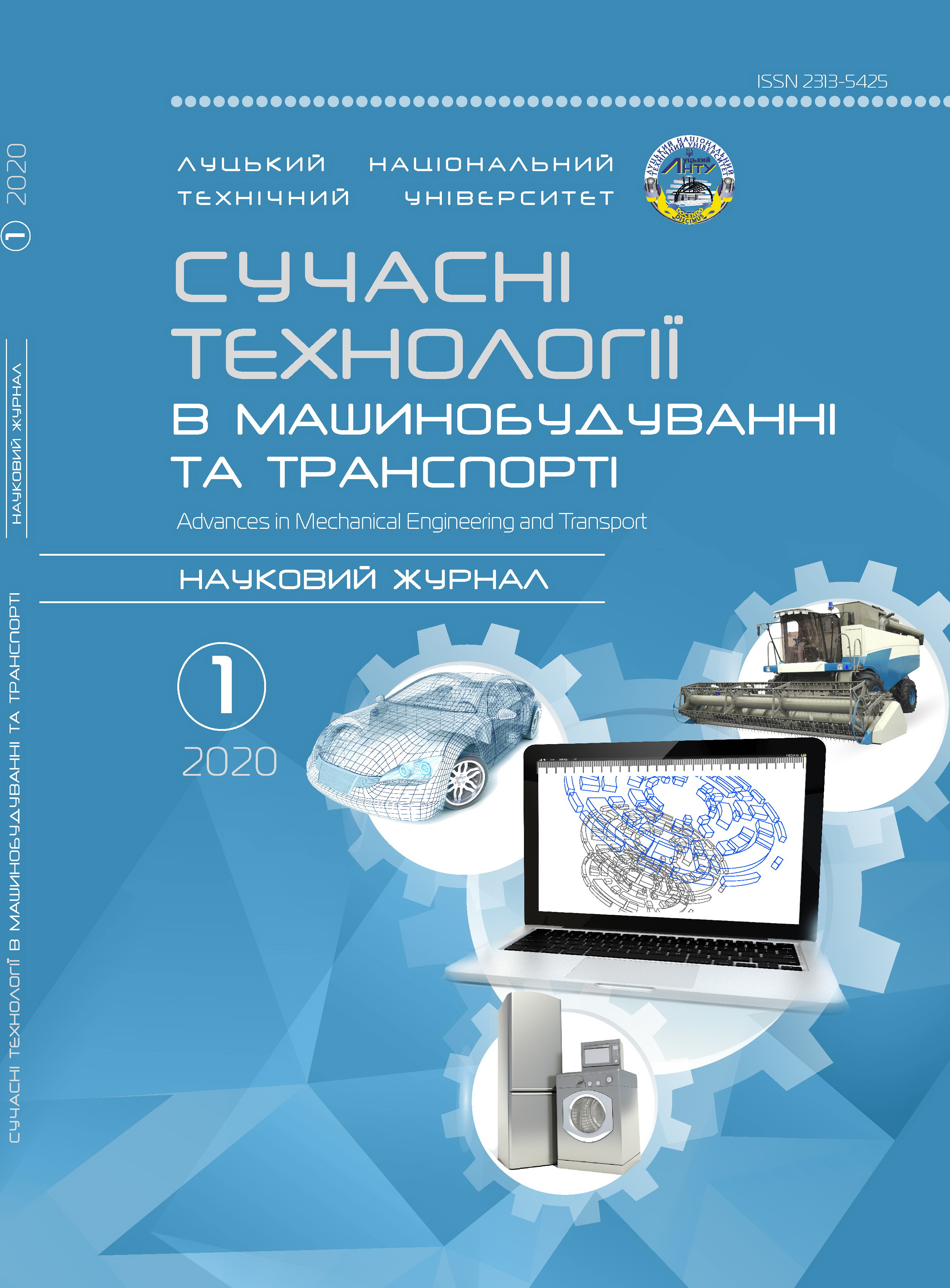PERFORMANCE AND EMISSIONS OF A DIESEL ENGINE OPERATING WITH RENEWABLE BINARY BIODIESEL-N-BUTANOL BIOFUEL BLENDS
DOI:
https://doi.org/10.36910/automash.v1i14.342Анотація
This paper presents a comparative analysis of the diesel engine performance and emission characteristics, when operating on rapeseed methyl ester (B) and rapeseed methyl ester -butanol (Bu5, Bu10, Bu15) blends, at various loads and 2000 rpm engine speeds. The experimental tests were performed on a four-stroke, single-cylinder, air-cooled diesel engine FL511. The bench test results showed that the brake specific fuel consumption increased, when operating on biodiesel-butanol fuel blends compared to neat biodiesel. The maximum brake thermal efficiency sustained at the levels from 7.3% to 12.9% lower in comparison with neat biodiesel operating at low engine load. When the engine was running at maximum torque mode using biodiesel-butanol fuel blend Bu15 the total emissions of nitrogen oxides decreased. Thus, the greatest fossil fuel challenge related with the simultaneous reduction of both the NOx emissions and the smoke opacity (PM) could be reasonably solved by switching a diesel engine on totally renewable biodiesel-n-butanol biofuel blends.
Keywords: diesel engine, rapeseed oil derived biodiesel, n-butanol, engine efficiency, brake specific fuel consumption, emissions, smoke opacity.

